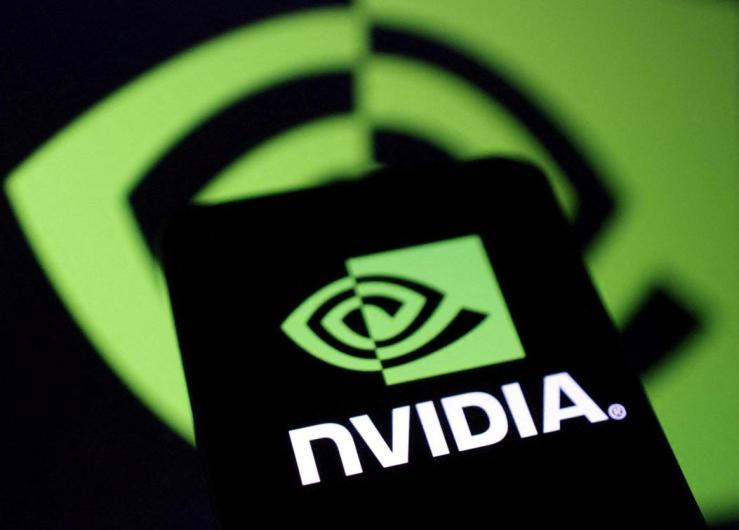
Insiders said that the Trump administration of the United States is considering allowing the United Arab Emirates to import more than one million NVIDIA advanced chips, a quantity far exceeding the restrictions imposed by the Biden administration on artificial intelligence (AI) chip regulations, raising concerns that US hardware might eventually end up in China.
Bloomberg reported that unnamed sources familiar with the matter said the agreement was still under negotiation and could change. According to the agreement, the United Arab Emirates will import 500,000 of the most advanced wafers on the market each year from now until 2027. One fifth of them will be allocated to the ABU Dhabi AI company G42, and the rest will be allocated to US companies building data centers in the UAE.
They said that the "Open Artificial Intelligence Research Center" (OpenAI) of the United States might be one of the companies. OpenAI could announce the construction of a new data center in the United Arab Emirates as early as this week. But they emphasized that the negotiations surrounding this agreement remain uncertain.
Insiders said that during the broader validity period of the agreement, the G42 could purchase computing power equivalent to 1 to 1.5 million H100 chips, which is currently NVIDIA's best chip. This quantity is approximately four times the scale of G42 purchases allowed under the wafer export control framework during the Biden era. This is comparable to the number of chips needed for the data center of Meta Platforms, the parent company of Facebook, which is planned to be built in Louisiana, the United States.
In conclusion, if the agreement under consideration by the Trump administration proceeds in its current form, it will mark a significant change in the United States' AI development policy towards the Middle East, especially the United Arab Emirates. U.S. officials have long been vigilant about the relationship between the UAE government and private enterprises and Beijing.
Since 2022, the United States has been restricting the sale of advanced wafers to China, aiming to prevent Beijing from making progress in the field of AI that could benefit its military. In 2023, due to concerns that China might obtain cutting-edge wafers through middlemen, the United States extended these restrictions to countries including the United Arab Emirates.
Insiders said it is still unclear what national security conditions the Trump administration has attached to this chip deal. During the Biden administration, in order to facilitate a $1.5 billion (about S $1.95 billion) cooperation with Microsoft, G42 agreed to withdraw its investment from Huawei.
The White House did not immediately respond to Bloomberg's request for comment. Nvidia, G42, the Embassy of the United Arab Emirates in the United States and OpenAI all declined to comment.

Amidst the global wave of technological transformation, artificial intelligence (AI) has become a key focus of competition among major tech giants.
Amidst the global wave of technological transformation, art…
In January 2026, the remarks by US Treasury Secretary Besse…
Less than three weeks into 2026, transatlantic trade relati…
On January 17, 2026, the Trump administration, under the pr…
When Musk set the goal of achieving a launch frequency of m…
A week after the largest nationwide protests in years, the …